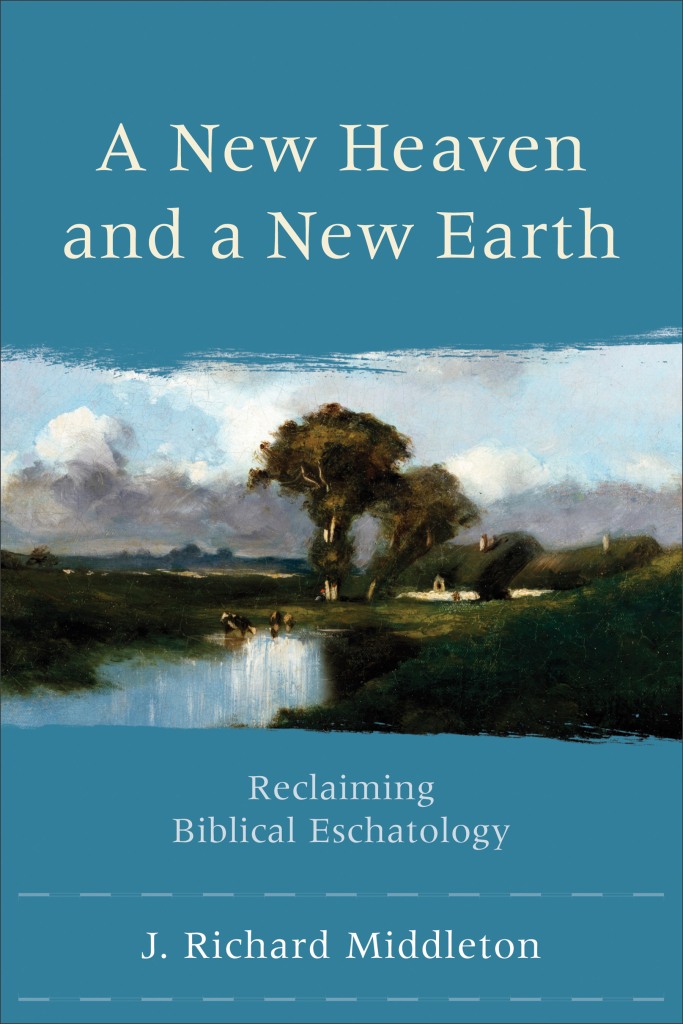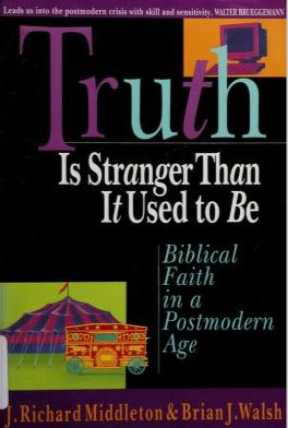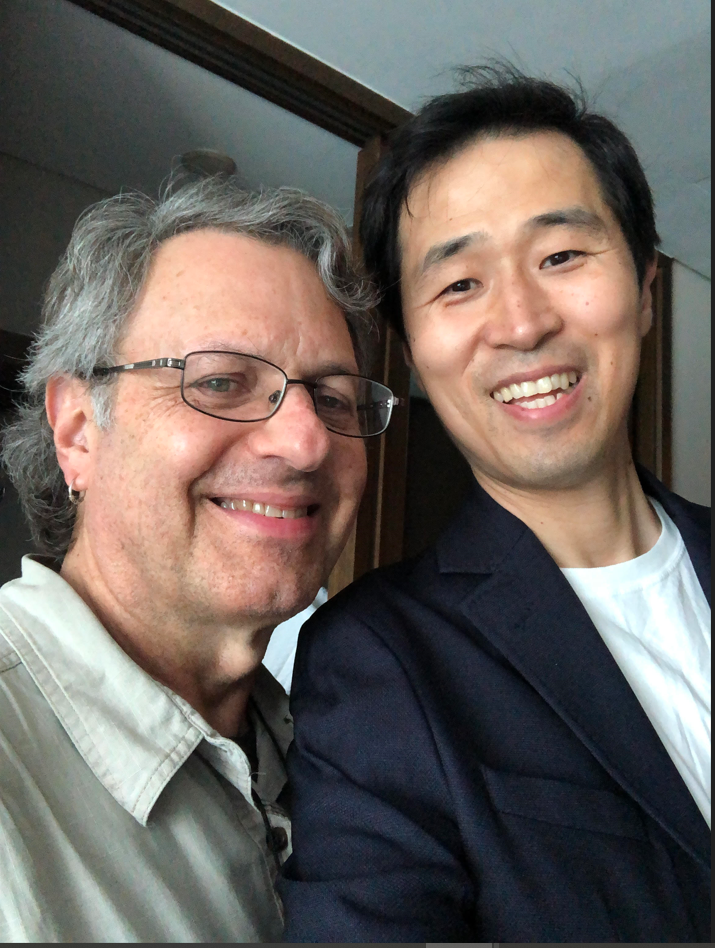Revelation 21 opens with an amazing vision of “a new heaven and a new earth.”
Since the Bible begins with the affirmation that God created the cosmos, consisting precisely of heaven and earth (Genesis 1:1), Revelation 21 proclaims nothing less than a new creation.
But in what sense will this creation be new?
The question is forced upon us because of the end of the verse that proclaims a new creation: “Then I saw a new heaven and a new earth; for the first heaven and the first earth had passed away” (Revelation 21:1).
What does “passed away” mean? Does this imply the obliteration of the original creation and its replacement with something brand new?
Jesus actually said something similar about the passing away of the cosmos in the Olivet discourse.
After instructing his disciples about a series of signs that will precede the coming of the Son of Man, Jesus states: “Heaven and earth will pass away, but my words will not pass away” (Matthew 24:35; also Mark 13:31 and Luke 21:33).
Is this simply a hypothetical statement, to the effect that even if heaven and earth were to pass away, Jesus’s words (his predictions of the coming signs) are sure and trustworthy? Let’s not take the easy way out; let’s assume that he meant what he said.
A surface reading of both Jesus’s words and Revelation 21 suggests that the world as we know it will be gone, to be superseded by a new cosmos. The question is in what sense will the old world “pass away”?
Will God will first destroy creation (heaven and earth) and then create a replacement?
Or is this a reference to some form of transformation that will occur?
The Greek words for “pass away” are slightly different in Revelation 21 and the Olivet discourse. In Revelation 21 it is aperchomai, while in the Olivet discourse it is parerchomai. That’s basically the same verb, but with different prefixes—the prefixes par- and ap-. They don’t indicate any significant difference in meaning.
If we want to really understand what these texts mean by creation passing away, we might turn to Paul’s description of conversion as “new creation” in 2 Corinthians 5:17.
What follows is a literal translation: “If anyone is in Christ—new creation! The old things have passed away; behold, new ones have come!”
Here Paul uses the verb parerchomai (the same verb found in the Olivet discourse) for the ending of the old life, which is then replaced by a new life in Christ.
Are we to think that Paul thinks the passing away of the old life is equivalent to the obliteration of the person, who is then replaced by a doppelganger? Paul’s own writings, not to mention common sense, suggests that no matter how radical the shift required for conversion to Christ, this describes the transformation, not obliteration, of the person.
So, by analogy then, the passing away of the present heaven and earth to make way for the new creation is also transformative. It’s not a matter of destruction followed by replacement.
That’s why God says, “Behold, I am making all things new” (Revelation 21:5)—not “I am making all new things.”
Whether it is the “new creation” of persons who are in Christ or the “new heavens and new earth” promised in Revelation 21, the point is that salvation consists in the rescue and transformation of this amazing world that God so loves (John 3:16).
That’s the consistent emphasis of biblical eschatology.
For more on this topic, see my book A New Heaven and a New Earth: Reclaiming Biblical Eschatology (Baker Academic, 2014), or you can watch my video course on “Biblical Eschatology” at Seminary Now.



